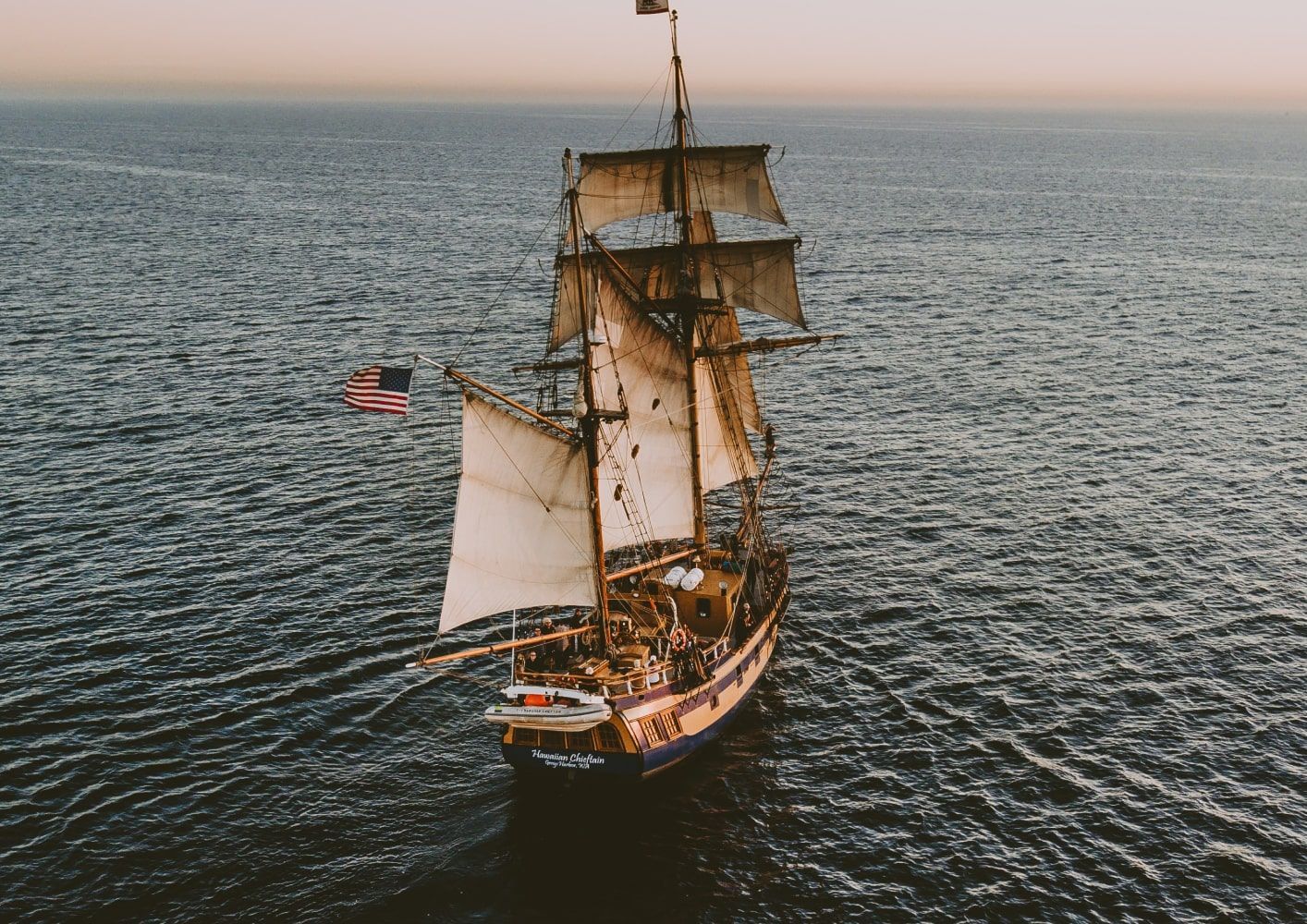Piracy has been around for centuries, dating back to the pirates of the high seas. While piracy has evolved over time, it’s still a problem today, particularly in the digital world. We now know piracy as the illegal copying and distribution of copyrighted material, such as music, movies, software and books.
One of the main reasons piracy is still such an issue, is because it’s often seen as a victimless crime. Usually, those who engage in piracy do not view it as stealing, but rather as obtaining something for free that they would otherwise have to pay for. Due to a lack of awareness, those engaging in piracy may not even realize the impact on creators and the industries behind the content.
Let’s dive a little deeper
So, how exactly do you track and prosecute piracy? The problem is, it’s difficult! While there are laws in place to punish pirates, it can be challenging to identify the individuals responsible, particularly in the digital world where anonymous online profiles are ever increasing.
As technology has advanced, it has become easier for people to access and share pirated material. A lot of the time, piracy is motivated by convenience. It is often easier and faster to download pirated material than to purchase it legally. This is especially true in developing countries, where access to legal, paid content is often limited or unavailable. However, cost is also a key factor.
Many people feel the prices for movies, music and software are too high, so they turn to pirating as a way to obtain these at a lower cost. Some even argue that piracy can be a way to support struggling artists, in exposing their content to a wider audience, however undermining the artist’s ability to make a living from their work ultimately does more harm than good.
So, what can be done to combat piracy?
One solution is to make legal content more accessible and affordable. By making it easier for internet users to access and purchase legal copies of movies, music, and software, they are less likely to resort to pirating. Education may also provide an effective deterrent. Many are unaware of the negative impact piracy has on both the economy and artists, and in raising awareness around these consequences, people may be more likely to stream content legally.
Our use of cookies
onqor.com uses cookies, some are necessary for the operation of the website and some are designed to improve your experience. For more information, click here.
Necessary cookies
Are essential to move around onqor.com and use its core functionality and enhanced features. Without these cookies, services you have asked for cannot be provided.
Functional cookies
Allow onqor.com to remember choices you make to give you better functionality and personal features.
Performance cookies
Help improve the performance of onqor.com by collecting and reporting information about how you use the website.
